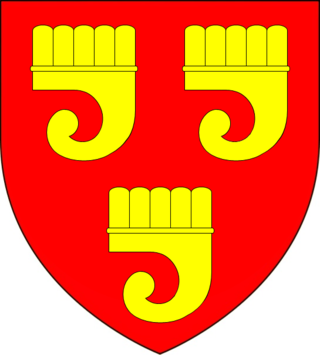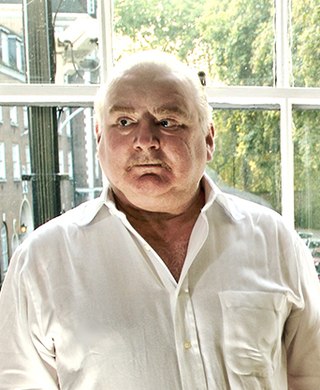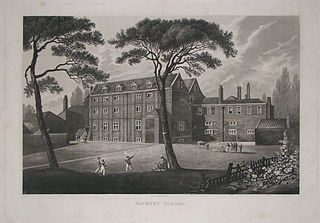
In literary criticism, a Bildungsroman is a literary genre that focuses on the psychological and moral growth of the protagonist from childhood to adulthood, in which character change is important. The term comes from the German words Bildung and Roman ("novel").

Sir Thomas More PC, venerated in the Catholic Church as Saint Thomas More, was an English lawyer, judge, social philosopher, author, statesman, and noted Renaissance humanist. He also served Henry VIII as Lord High Chancellor of England from October 1529 to May 1532. He wrote Utopia, published in 1516, which describes the political system of an imaginary island state.

William Shakespeare was an English playwright, poet and actor. He is widely regarded as the greatest writer in the English language and the world's pre-eminent dramatist. He is often called England's national poet and the "Bard of Avon". His extant works, including collaborations, consist of some 39 plays, 154 sonnets, three long narrative poems, and a few other verses, some of uncertain authorship. His plays have been translated into every major living language and are performed more often than those of any other playwright. Shakespeare remains arguably the most influential writer in the English language, and his works continue to be studied and reinterpreted.

Robert FitzRoy, 1st Earl of Gloucester was an illegitimate son of King Henry I of England. He was the half-brother of the Empress Matilda, and her chief military supporter during the civil war known as the Anarchy, in which she vied with Stephen of Blois for the throne of England.

Thomas Penson De Quincey was an English writer, essayist, and literary critic, best known for his Confessions of an English Opium-Eater (1821). Many scholars suggest that in publishing this work De Quincey inaugurated the tradition of addiction literature in the West.

St Stephen Walbrook is a church in the City of London, part of the Church of England's Diocese of London. The present domed building was erected to the designs of Sir Christopher Wren following the destruction of its medieval predecessor in the Great Fire of London in 1666. It is located in Walbrook, next to the Mansion House, and near to Bank and Monument Underground stations.

The Linnean Medal of the Linnean Society of London was established in 1888, and is awarded annually to alternately a botanist or a zoologist or to one of each in the same year. The medal was of gold until 1976, and is for the preceding years often referred to as "the Gold Medal of the Linnean Society", not to be confused with the official Linnean Gold Medal which is seldom awarded.
Ackroyd is an English surname. Notable people with the surname include:
This is a list of Civic Sheriffs and High Sheriffs of the County of the City of Bristol, England.
The King George V Silver Jubilee Medal is a commemorative medal, instituted to celebrate the 25th anniversary of the accession of King George V.

John "Walking" Stewart was an English philosopher and traveller. Stewart developed a unique system of materialistic pantheism.
The Devil's Crown is a BBC television series which dramatised the reigns of three medieval Kings of England: Henry II and his sons Richard I and John. It is also known as La couronne du Diable in French.

Peter Ackroyd is an English biographer, novelist and critic with a specialist interest in the history and culture of London. For his novels about English history and culture and his biographies of, among others, William Blake, Charles Dickens, T. S. Eliot, Charlie Chaplin and Sir Thomas More, he won the Somerset Maugham Award and two Whitbread Awards. He is noted for the volume of work he has produced, the range of styles therein, his skill at assuming different voices, and the depth of his research.
The High Sheriff of Limerick City was the Sovereign's judicial representative in the city of the City of Limerick. Initially an office for lifetime, assigned by the Sovereign, the High Sheriff became annually appointed from the Provisions of Oxford in 1258. Besides his judicial importance, he had ceremonial and administrative functions and executed High Court Writs. The office was abolished in 1920 on the formation of the Irish Free State.
The Tilden Prize is an award that is made by the Royal Society of Chemistry for advances in chemistry. The award was established in 1939 and commemorates Sir William A. Tilden, a prominent British chemist. The prize runs annually with up to three prizes available. Winners receive £5000, a medal and certificate.

Newcome's School was a fashionable boys' school in Hackney, then to the east of London, founded in the early 18th century. A number of prominent Whig families sent their sons there. The school closed in 1815, and the buildings were gutted in 1820. In 1825 the London Orphan Asylum opened on the site. Today the Clapton Girls' Academy is located here.